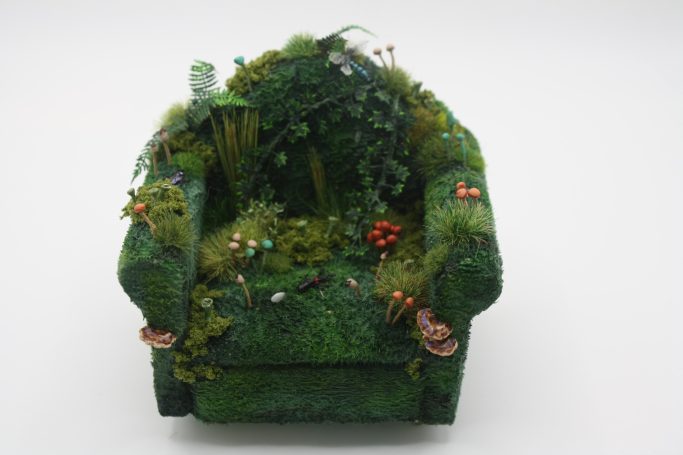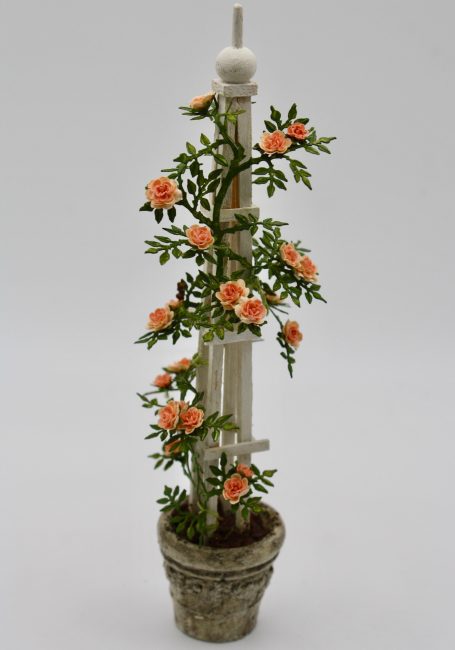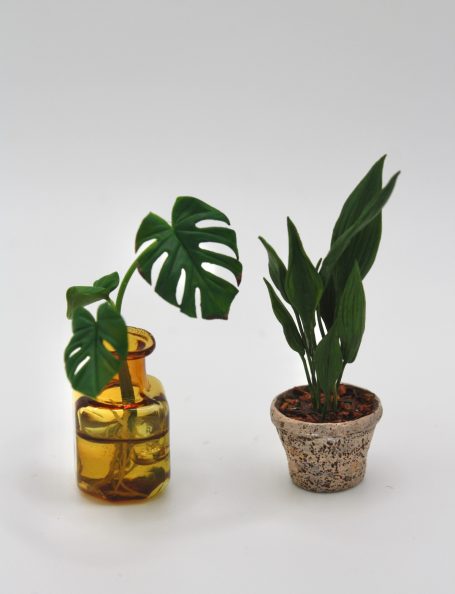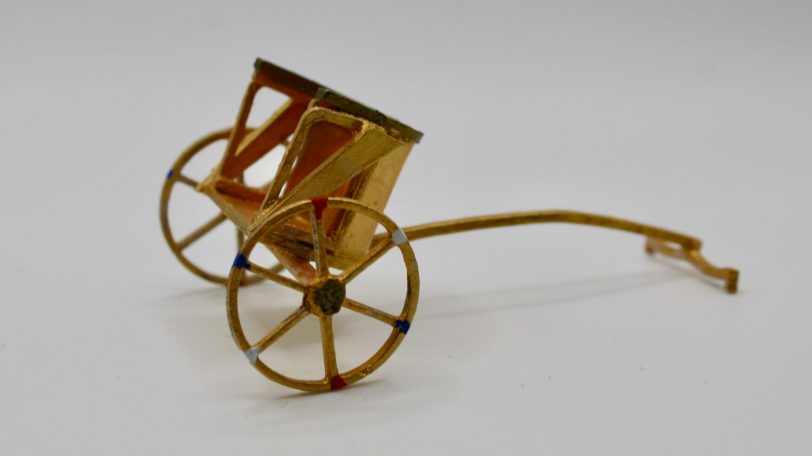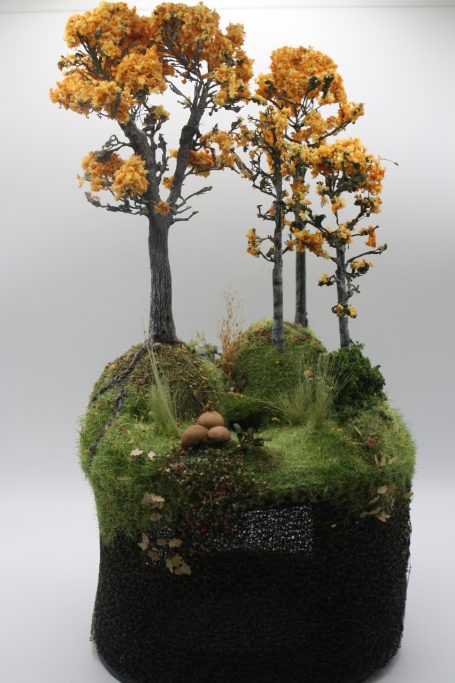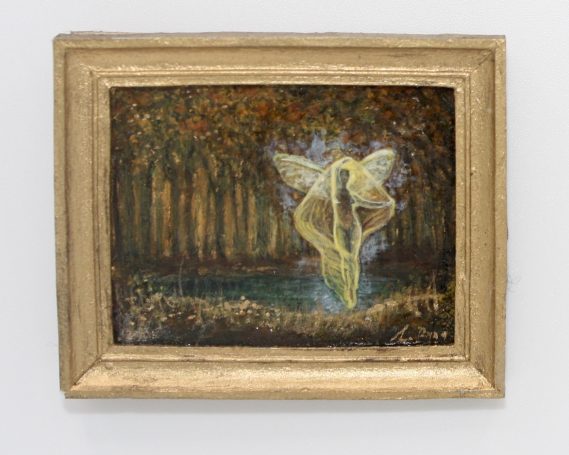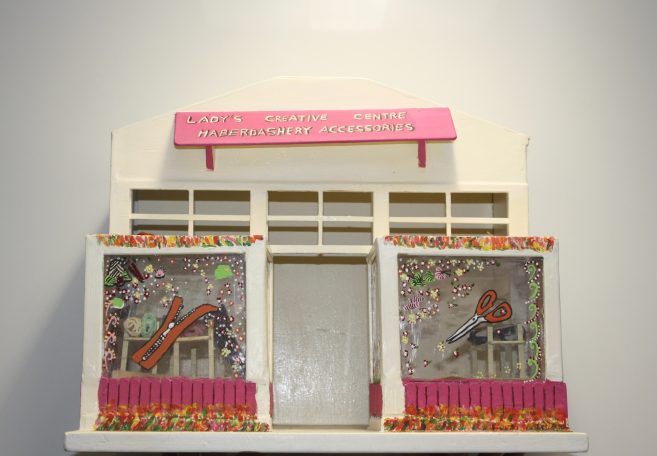A unique exhibition of contemporary miniatures
Monday 13 January 2025 to Friday 28 March 2025
The Miniature Antidotes exhibition arose out of a research project carried out by Dr Dalia Iskander (Associate Professor in Medical Anthropology at University College London), called Crafting Small, Grasping Big (2022-24), that explored the nature and effects of miniature craft in the UK.
The objects on display are mostly made by participants from the study, but some also come from the UCL Ethnography Collection, or Dalia’s private collection. Together, they showcase the diversity and richness of miniatures and the effects this craft practice has on makers and wider society.
Explore research themes
Crafting miniatures has numerous positive effects on makers' lives, including benefiting their physical, psychological, emotional, social and economic health. As this exhibition shows, it leads makers to grasp and transform the world in ways that serve as an antidote to different ills, ranging from grief and depression to discrimination and marginalisation.
Imagination & Play
Makers craft miniature worlds that both draw on real life and are imbued with imagination and fantasy. They rely on play, humour and surprise to observe, realise or create new worlds. Makers describe how they are addicted to making miniature worlds as an antidote to the mundane, laborious and difficult demands of everyday life, offering acceptance, freedom and hope.
Awe & Wonder
While many people feel awe looking at miniatures, for makers too, crafting miniatures is awe-inspiring. Working in small-scale brings them closer to experiencing and appreciating the magnificence, wonder and beauty in the world, in order to re-present its essence in miniature form. Experiencing awe is an antidote to feelings of boredom, depression and loss.
Mimesis & Transformation
For many miniature artists, their work affords them the opportunity to create mimetic versions of the real world, as it is or as they would like it to be – dolls that mimic people, buildings that mimic homes. Creating 'model' people, places and possessions that showcase belonging, diversity and tradition, serves as an antidote to displacement, discrimination and detraditionalization.
Nostalgia & Memory
Reminiscing has been shown to increase the sense that aspects of life are precious, meaningful and have worth. Nostalgic art can also forge connections with others. For miniaturists, capturing the nostalgia of places that draw on personal memory in 3D is cathartic and reparative - a corrective to feelings of disruption, insecurity and destruction.
Chaos & Complexity
Many makers emphasise how crafting miniatures demands ‘looking at things in new ways’, in order to comprehend their complexity. This intense focus on details, relationships and connections across scales helps artists find order in chaos and pattern in disarray - an antidote to feelings of despair, mania and cognitive decline.
Hand-Work & Health-Work
Working hands-on with materials brings pleasure and joy. Perseverance and refining skills are hugely satisfying and a counterpoint to idleness, stress and cognitive dysfunction. Hand-work is also a vital source and marker of value. Demand for craftsmanship has allowed many to re-enter the labour market after redundancy, illness, or retirement, providing an antidote to economic marginalisation.
Miniatures on display
Find out more about the miniatures on display and the artists that made them.
Dalia Iskander
Dalia is an Asssociate Professor in Medical Anthropology at University College London. She is interested in the connection between creativity, craft, hand-work and health. Her latest project, Crafting Small, Grasping Big, explores miniature craft practices in the UK. She has been working with a range of people who make dollshouses and other miniatures in order to better understand the social, political, economic, affective and technological relations that shape this craft, and the impact the practice has on makers lives, social relations and wider society.

Visit
The exhibition is free and located in the Foyer of the Anthropology Department at University College London.
It will run from Monday 13 January 2025 to Friday 28 March 2025. You can visit during regular working hours. To gain entry, please ring the bell to reach the Reception Desk.
The exhibition is fully accessible on Ground Floor level.
The exhibition is small and we suggest visitors spend around 30-60 minutes exploring the objects on display.
- Mon – Fri
- 09:00 am – 05:00 pm
- Sat – Sun
- Closed
Find us
The Anthropology Department is located at 14 Taviton Street, London WC1H 0BW. Closest tubes are Euston Sqaure, Warren Street and King's Cross.
We need your consent to load the translations
We use a third-party service to translate the website content that may collect data about your activity. Please review the details in the privacy policy and accept the service to view the translations.






